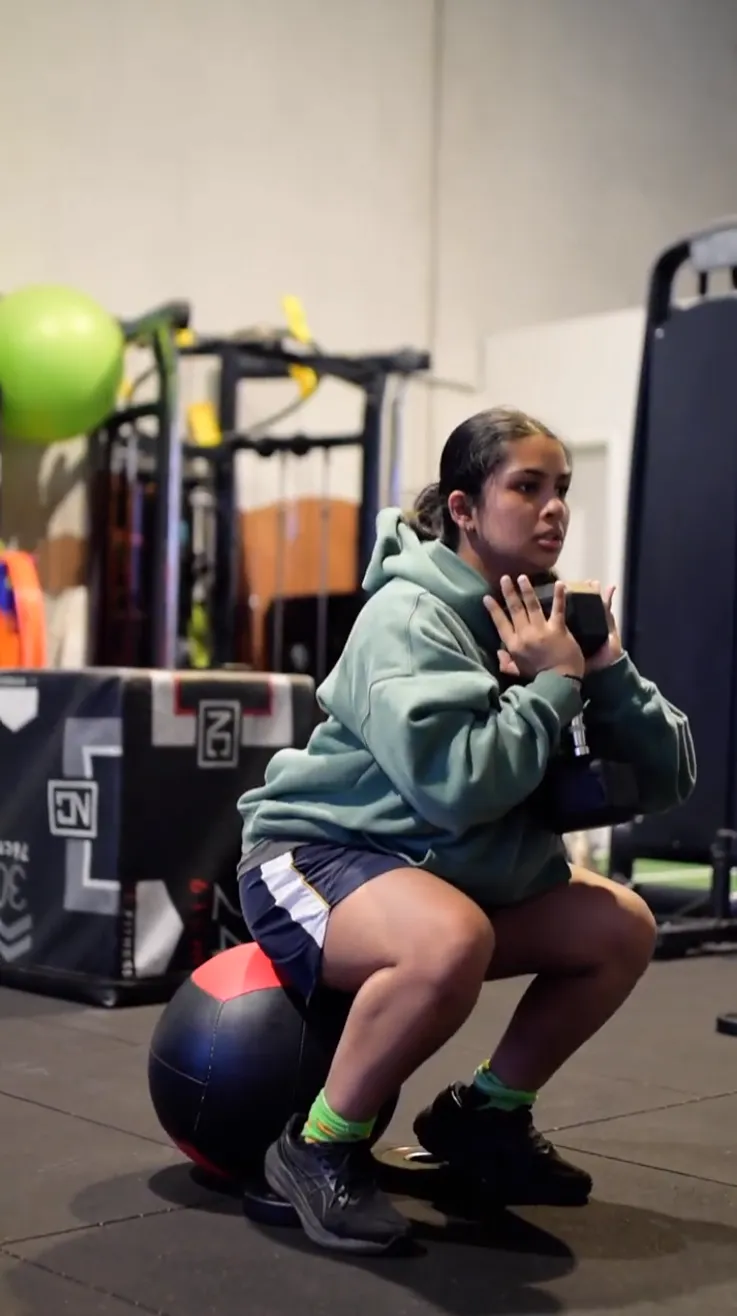UNIT 13, 49 GRANGE ROAD, CHELTENHAM, MELBOURNE, VICTORIA, 3192
Inner Athlete Blog

Protecting Young Athletes: The Critical Link Between Dehydration and Concussion
As a concerned parent, it's no secret that you want the best for your young athlete. You ensure they have the proper gear, receive adequate training, and maintain a healthy lifestyle. However, one often overlooked aspect of their performance and safety is hydration. We all know that staying hydrated is important, but did you know it plays a critical role in preventing and managing concussions? In this blog post, we'll delve into the effects of dehydration on concussion, shedding light on how this seemingly simple factor can significantly impact your child's well-being.
The Impact of Dehydration on the Brain
Dehydration is a condition that occurs when the body loses more fluid than it takes in. This deficit can lead to a range of adverse effects from decreased energy levels to impaired cognitive function. In the case of concussion, the effects of dehydration are particularly concerning.
When your child is dehydrated, there's less cerebrospinal fluid available in the brain. This fluid acts as a cushion, helping to absorb shock and limit trauma during contact. With less of it present, the brain becomes more valuable to damage. Consequently, even a minor impact can lead to more significant cellular damage.
Research has shown that dehydration specifically affects key areas of the brain such as the cerebral cortex and brain stem. These regions are crucial for cognitive function and coordination. When dehydrated, these areas are more prone to injury, making concussion more likely to occur in athletes, especially in high contact sports.
The Cumulative Effect of Dehydration and Repetitive Contacts
Dehydration doesn't work in isolation. In fact, it often goes hand-in-hand with repetitive contacts, which are common in many sports. When your child engages in activities that involve frequent collisions or impacts, the movement of fluids within the brain increases. This movement, known as inertial movement, can lead to tissue dehydration.
Picture it like a sponge being squeezed. The more frequent the squeezing, the more fluid is expelled. Similarly, with each impact, the brain experiences a shift in fluids, potentially exacerbating dehydration. Over time, this cumulative effect can heighten the risk of concussions and increase the severity of their consequences.
Dehydration's Role in Post-Concussion Recovery
If your child does experience a concussion, proper hydration becomes even more critical. After a concussion, the body requires a steady supply of nutrients to aid in the recovery process. These nutrients, carried by the bloodstream, play a vital role in repairing damaged cells and restoring normal brain function.
However, when dehydrated, the body's ability to transport these essential nutrients is compromised. This can lead to delayed recover and an increased likelihood of experiencing sever symptoms for an extended period of time. As a parent, ensuring your child remains well-hydrated during their recovery is a simple yet powerful way to support their healing process.
As parents, we strive to provide the best care for our young athletes, and that includes understanding the intricate relationship between hydration and concussion. By recognising the impact of dehydration on the brain, acknowledging the cumulative effect of repetitive contacts, and prioritising proper hydration during recovery, you're taking a significant step towards safeguarding your child's well-being on and off the field.
Remember, a well-hydrated athlete is a safer athlete. So equip your child with the knowledge and habits they need to stay hydrated, ensuring they have every opportunity to thrive in their athletic pursuits.
Learn more on strength and conditioning for youth athletes and increasing your sports performance on our website and the Inner Athlete Podcast (available on Spotify and YouTube).
#youthathletes #youngathletes #teenathletes #dehydrationandconcussion #dehydrationinyoungathletes #concussioninteens
Book A Free Discovery Call
By providing your number you consent to receive marketing/promotional/motification messages from Inner Athlete. Opt-out anytime by replying STOP. Msg & Data rates may apply
Apply Today
Lorem ipsum dolor sit amet, consectetur adipiscing elit, sed do eiusmod
STEP 1
Submit Your Application
Lorem ipsum dolor sit amet, consect adipiscing elit, sed do eiusmod tempor incididunt ut labore et dolore
STEP 2
Go Through The Interview Process
Lorem ipsum dolor sit amet, consect adipiscing elit, sed do eiusmod tempor incididunt ut labore et dolore
STEP 3
Start Coaching
Lorem ipsum dolor sit amet, consect adipiscing elit, sed do eiusmod tempor incididunt ut labore et dolore
Contact Us
Email
[email protected]
Address
13/49 Grange Rd, Cheltenham 3192 (opp. DFO)
Phone 0483 956 560
Follow Us

